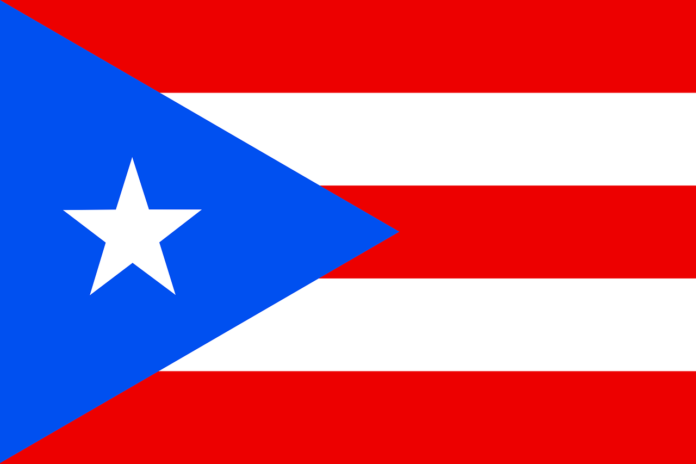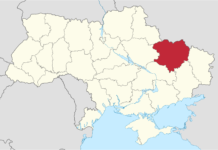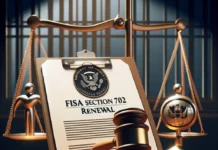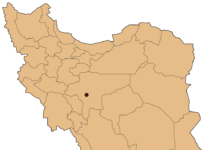As Puerto Rico pushes for statehood, there is some hope in the future after the United States House passed a Bill allowing it to hold its first-ever binding referendum. According to the referendum, the U.S. territory is offered three options, i.e., independence, statehood, or independence with free association.
This proposal is crucial to Puerto Ricans because it can help commit Congress to accept the U.S. territory as the 51st state. Depending on the voter’s choice, further negotiations would follow concerning citizenship, foreign affairs, and the use of the U.S. dollar. The Caribbean Island has been a U.S. territory since 1898 and gained limited political autonomy in 1952 after the United States approved its constitution. Although the islanders are technically United States citizens, over three million Americans in Puerto Rico enjoy limited constitutional rights. For example, they can neither elect a voting member of Congress nor vote for a president in the general election. It is also important to note that they also pay Medicare and Social Security taxes despite receiving less federal funding than other states.
If by any chance, Puerto Rico is accepted as a U.S. state, it could benefit economically because it can receive approximately $10 billion in additional federal funds annually. Since 1967, the islanders have held four non-binding referendums, with the outcome split between statehood and remaining a U.S. commonwealth. Unlike in the past, statehood is Ricardo Rosello’s top priority as the newly elected governor.









